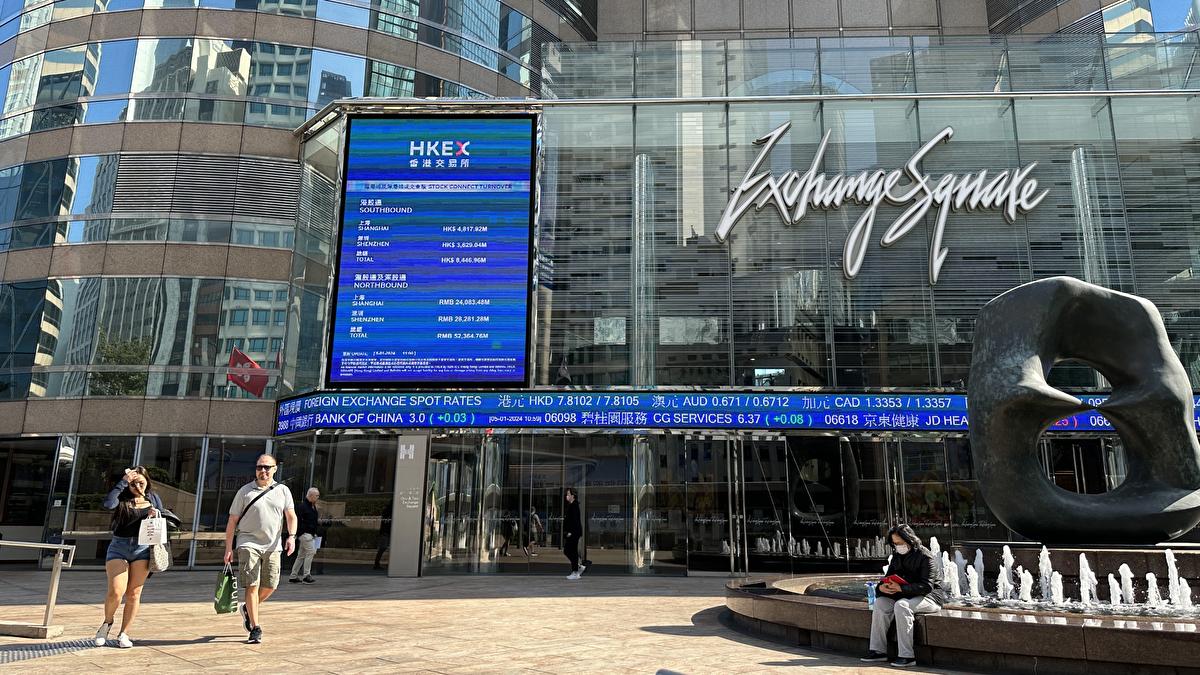
Retail investors have applied to borrow nearly $60 billion to participate in Chinese mainland toymaker Bloks Group Ltd’s initial public offering in the Hong Kong Special Administrative Region, continuing to show demand for new listings.
Individual investors have sought to borrow money to bid for more than 3,000 times the number of shares reserved for them at the upper end of the IPO’s price range, according to TradeGo data displayed on the Futu trading application. They applied to borrow HK$451 billion ($58 billion) through brokerages to bid for the Shanghai-based company’s shares as of 12:20 pm Hong Kong time.
ALSO READ: Chan: HK wrapping up 2024 with bright spots
Bloks, which makes assembly-character toys, has been taking investor orders since Tuesday and is set to list shares on Jan 10. It is offering 24.1 million shares to raise as much as HK$1.5 billion, with local retail investors being allocated 10 percent of the shares.
Dealmakers are broadly expecting a better year for Hong Kong IPOs. Some listings attracted significant interest from individual investors last year, with high subscription multiples being concentrated among smaller deals.
Mainland courier SF Holding Co’s $749 million listing saw about 79 times subscription for its retail tranche, while the same allotment for health-supplement company Herbs Generation Group Holdings Ltd’s $16 million IPO saw more than 6,000 times subscription. Both companies triggered the so-called clawback mechanism, which increased the allocation to retail investors.
READ MORE: SF Holding debuts in Hong Kong amid IPO market revival
Hong Kong’s stock exchange is seeking to change some requirements for IPOs through a market consultation, which touches on the clawback mechanism. Mom-and-pop investors can currently be allocated as much as 50 percent of a deal when the subscription ratio is above a certain level, and the exchange is proposing to lower that to 20 percent if issuers initially reserve 5 percent of the shares for the public.
The mechanism has long been a bane for Hong Kong’s investment bankers, who argue that it leaves them with little stock to allocate to funds when IPOs are in high demand.


